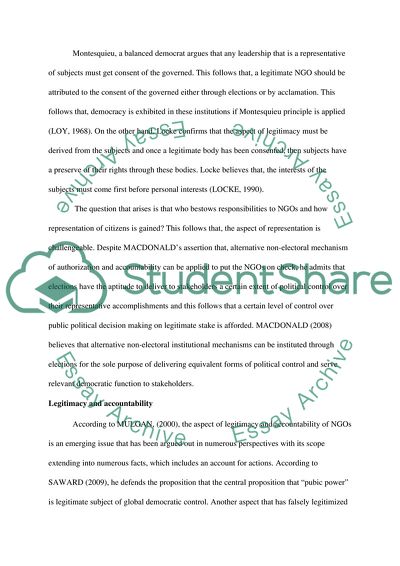'NGOs legitimacy and representation at the global level' Literature review. Retrieved from https://studentshare.org/history/1638402-ngos-legitimacy-and-representation-at-the-global-level
'NGOs Legitimacy and Representation at the Global level' Literature Review. https://studentshare.org/history/1638402-ngos-legitimacy-and-representation-at-the-global-level.


